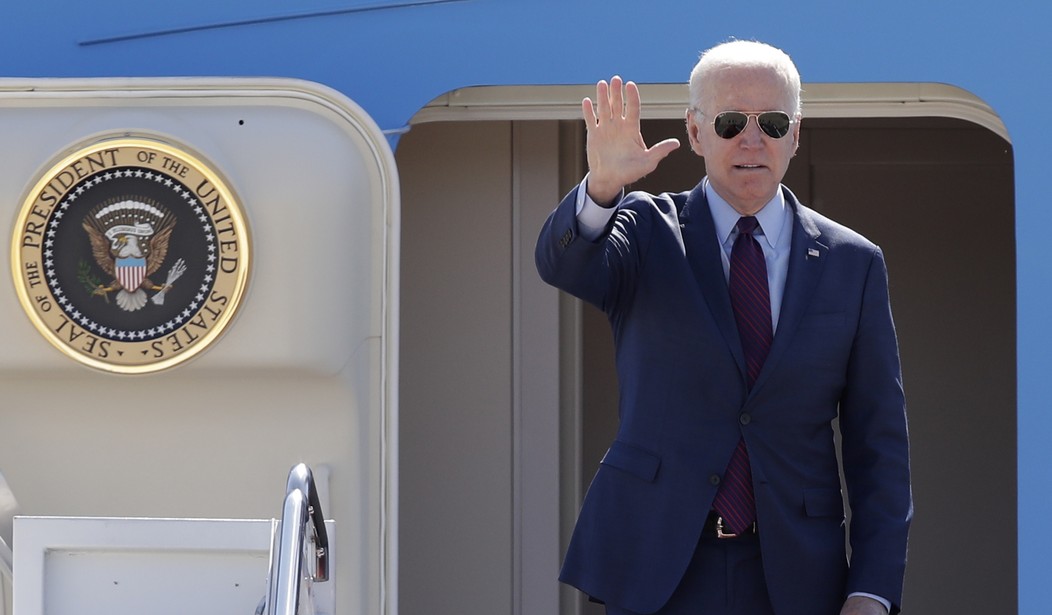America’s recycling is in the dumps. Once the focus of Do-It-Yourself environmentalism, many recycling dreams are collapsing.
Households have willingly accepted burdens of sorting their trash. But big companies have broken their word by failing to reuse more of the packaging they sell. Unless we require them to reprocess more old products into new ones, they won’t do it.
This once-hidden problem rose to the surface when China in 2018 quit buying America’s discarded plastics, unable to use it profitably after paying to ship it across the Pacific.
Without buyers for the waste that Americans separate from our regular discards, communities and their citizens suddenly are on the hook for costly expansions of local landfills for items that won’t rot or decompose for decades—if ever.
It’s become common to see headlines like “Recycling in the U.S. Is Failing.” Now some environmentalists holler for banning plastics.
A better option is to require companies to reuse more material, as they pledged decades ago to do—but didn’t.
The alternative is that outlawing plastics is gaining steam. In Congress, legislation has been endorsed in the House by 94 members (starting a 2022 phase-out of products that include utensils, straws, cups, plates, bowls, meat trays, serving containers, etc.) with a dozen Senators pushing their version (focused more on beverage containers). All are Democrats.
That’s the wrong response, but so is doing nothing since China is no longer our safety valve. The South China Morning Post reported: “For years, China was the world's leading destination for recyclable rubbish, but a ban on some imports has left nations scrambling to find dumping grounds for growing piles of waste. . . . at the start of 2018 it closed its doors to almost all foreign plastic waste.”
Before China’s decision, the EPA had calculated that plastics were over 18 percent of what went into landfills, second only to food at 24 percent, and ahead of paper products at 12 percent. Now plastic’s number is heading higher.
Recommended
Forbes calculated that, until 2018, the United States sent 429 shipping containers of plastic waste to China each day. NPR reported this as 7-million tons each year. Repatriating this rubbish is an addition to the plastic that already goes to American dumps.
Americans have a right to ask what happened to the glowing promises made long ago by corporate America to re-use what citizens spend so much time sorting out.
Unfortunately, businesses find it more profitable to break their word. Reuters last fall summarized those recycling targets with the phrase, “set, fail, and repeat.”
The poster child for broken promises is the Coca-Cola Company, which is far more than just Coke. Their website brags that they have over 200 brands, including Coke, Sprite, Fanta, Minute Maid, Simply beverages, Dasani water, Powerade and a multitude more.
One theory is that Coke’s recent “woke” announcements are an effort to appease the political left, distracting attention from the company’s recycling failures. But though they might be the biggest offender, Coke is not alone in breaking its recycling promises.
As Reuters’ article continued:
“Coca-Cola, Nestle and PepsiCo, the world’s top three plastic polluters according to a yearly brand audit by NGO Break Free From Plastic, have struggled for decades to increase the share of recycled plastic in their packaging.
“In 1990, PepsiCo introduced a new plastic bottle with 25 percent recycled content. By the end of that decade the company said its bottles no longer contained any recycled content.
“Coca-Cola began making plastic bottles in the United States with 25 percent recycled plastic. It phased them out in 1994 due to high costs, officials said then.
“In 2008, Nestle . . . set a U.S.-wide goal to make water bottles out of 60 percent recycled plastic within a decade. That’s a goal the company says was never met.”
Recently all three companies have made new pledges, but Reuters labeled this as “Set, fail, repeat.”
Sadly, we need “minimum recycled content” laws that require greater use of recycled plastic. That will allocate expenses where they belong and is far better than banning plastics, which are infinitely useful to all of us.
The answer is not pretty. But it would be uglier for citizens to bear the costs to dump an extra 429 shipping containers of plastic into American landfills each and every day.
Former Congressman Ernest Istook is a distinguished fellow with Frontiers of Freedom.
























Join the conversation as a VIP Member